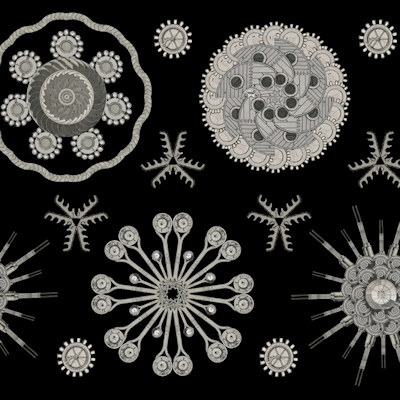July 11, 2022 -- Researchers at the Max Planck Institute for Terrestrial Microbiology created Machine Learning Guided Experimental Trials for Improvement of Systems (METIS), a modular software system for optimizing biological systems.
METIS bridges the gap between machine-learning algorithms and their applications for biological systems because application and improvement of algorithms and computational procedures with lists of instructions are not easily accessible.
METIS incorporates active learning, or optimal experimental design, which uses machine-learning algorithms to interactively suggest the next set of experiments after being trained on previous results. It's a combinatorial guide for understanding complex interactions and hypothesis-driven optimization.
Led by Tobias Erb, PhD, the research team published a paper on July 5 in Nature Communications showing METIS can be used for a variety of applications, including optimization of protein production, genetic constructs, combinatorial engineering of enzyme activity, and a complex CO2 fixation metabolic cycle named crotonyl-CoA/ethylmalonyl-CoA/hydroxybutyryl-CoA (CETCH).
The modular tool runs as Google Colab Python notebooks and can be used via a personal copy of the notebook on a web browser, without installation, registration, or local computational power.
Copyright © 2022 scienceboard.net








